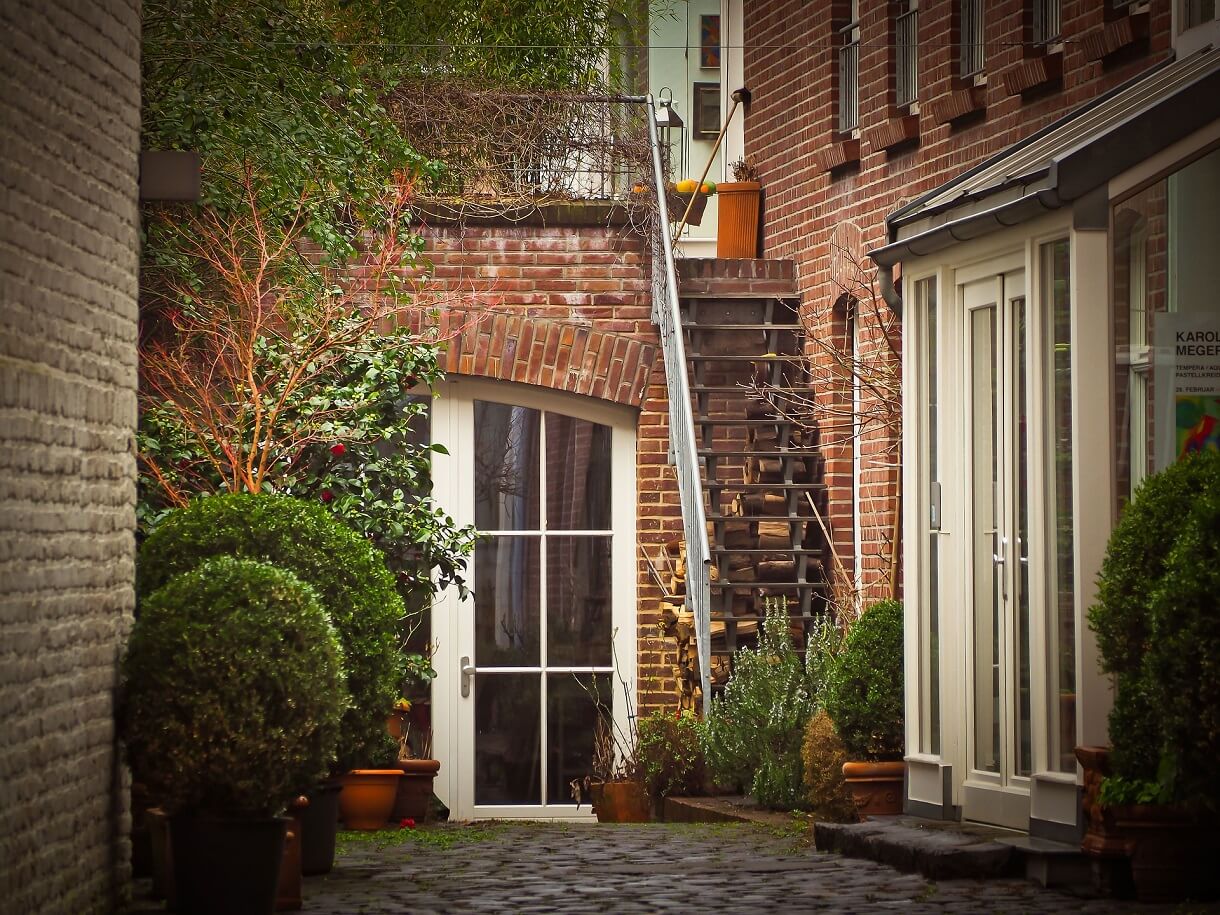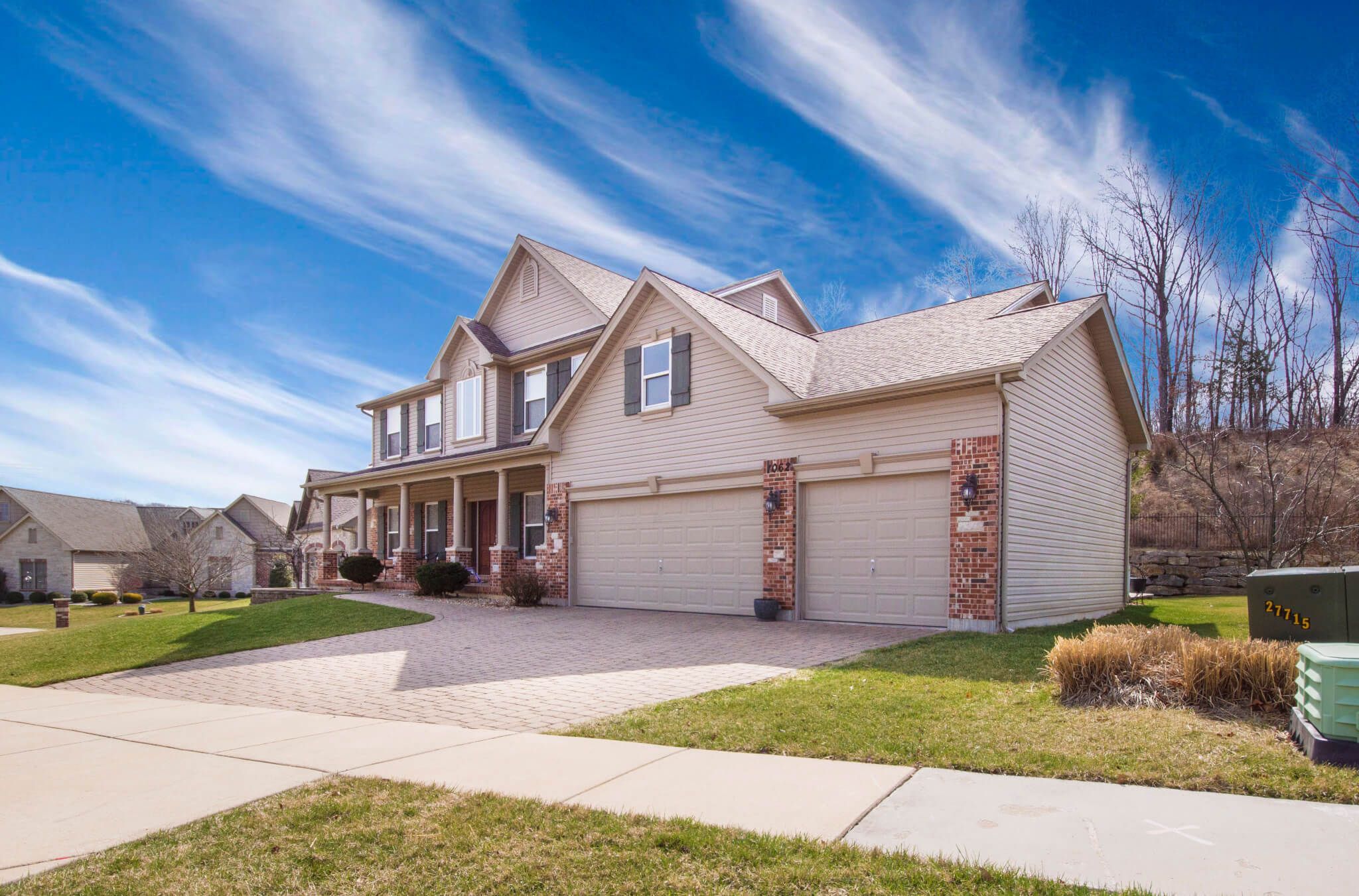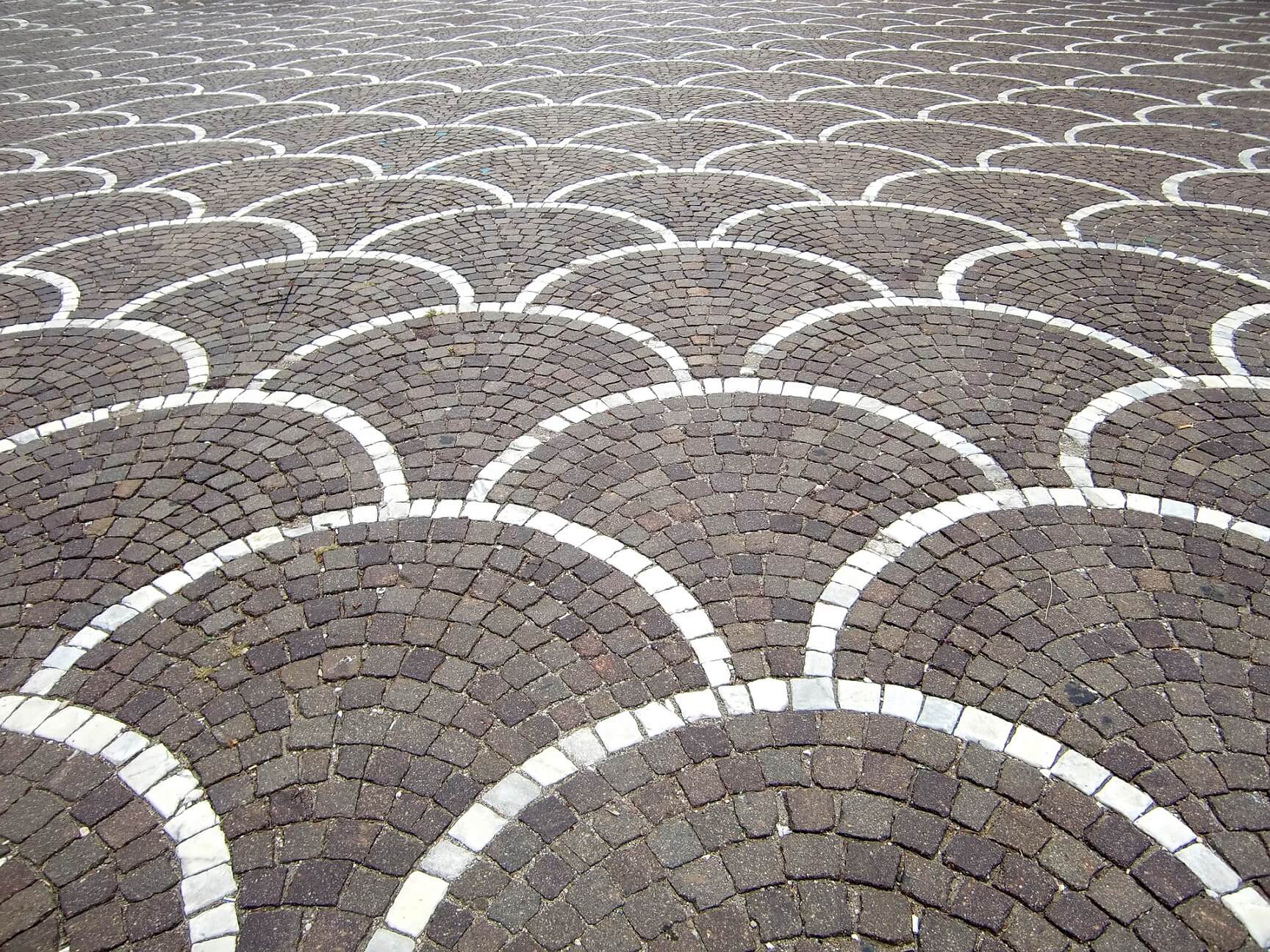A Look at the Eco-Friendly Permeable Interlocking Paver Stones to Enhance the Appearance and Function of Your Landscape
Unlike other concrete products, permeable concrete has positive impacts on the environment. And it has economic advantages, too.
Ottawa interlock landscaping and construction companies look for ways to improve the environment and surrounding ecosystems while enhancing the look of a property. And permeable concrete is the hardscaping material that can do just that.
So what is permeable concrete, also known as pervious concrete and porous concrete?
Here’s what you need to know about permeable/pervious/porous concrete and what makes it a greener, more sustainable, and economical choice for your property’s hardscaping needs.
Read More: DO YOU KNOW WHAT YOUR LANDSCAPING NEEDS ARE?
What Is the Difference Between Pervious and Impervious Surfaces?
Pervious surfaces are porous and allow water to pass through and percolate into the soil below. Impervious surfaces are solid and don’t allow water to penetrate the surface, resulting in water runoff that can contaminate nearby water sources and ecosystems.
What Are the Various Types of Permeable Pavers?
There are various types of water-permeable concrete pavers. These types include:
Permeable Interlocking Concrete Pavers
These pavers are individual units that are often laid out in an interlocking grid pattern, with spaces in between that are commonly filled with grass or stones. These are widely used for interlock driveways.
Permeable Clay Brick Pavers
While similar to interlocking pavers in function, these permeable pavers are made of fired clay instead of concrete.
How Is Permeable Pavement Used?
Permeable pavers and pavement are used in light traffic areas, landscape design, walkways, driveways, parking lots, and greenhouses.
This concrete is often placed on top of a compacted subgrade, such as sand or gravel, which further helps to improve drainage.
Why Is It Used?
Porous concrete allows rainwater to pass through it at a rate of 3 to 5 gallons per minute per square foot, reducing runoff, allowing natural water infiltration into the soil, and replenishing groundwater levels.
By allowing the water to enter the soil below the pavement, pervious concrete prevents imbalances in the natural ecosystem that can lead to environmental problems such as:
- Erosion,
- Flash floods,
- Water table depletion, and
- Polluted waterways, such as ponds, streams, lakes, rivers, and coastal waters.
What Is Permeable Concrete Ideal For?
Pervious concrete is ideal for a variety of applications, including:
- Driveways
- Sidewalks
- Sub-bases
- Bicycle paths
- Parking lots
- Sports pitches
- Low-volume pavements
- Low-water bridges
- Patios
- Swimming pool decks
- Pavers for landscape design
What Are Its Benefits?
Pervious concrete provides many benefits to developers, those who inhabit urban landscapes, and the environment. Here are some of its most significant benefits.
Environmental
Stormwater runoff picks up toxins as it crosses paved surfaces. So permeable concrete prevents this runoff, protecting streams, watersheds, and ecosystems from pollution. It also:
- Traps pollutants;
- Replenishes groundwater;
- Reduces the heat island effect;
- Reduces the need for retention basins; and,
- Allows water and air to reach the root systems of trees, so trees can still thrive in developed areas.
Financial
While permeable concrete might have higher initial costs, this concrete provides cost savings with the following:
- Lower installation costs—pervious concrete usually takes less time to install, thus requiring less labour and working hours to complete the project.
- Low life-cycle costs with the same life expectancy as traditional concrete.
- Reduces or eliminates costs for water collection installation, such as curbs, gutters, and retention basins.
Easy to Install
Pervious concrete is often much quicker and easier to install compared to traditional concrete. This reduced installation time is due to porous concrete not requiring finishing with a trowel or bull float as needed with conventional concrete.
These finishing methods for traditional concrete seal the concrete slab, rendering it impervious or impermeable to water penetration. So finishing pervious concrete with these methods would be a waste of time, ruining its permeable qualities.
Read More: BOOST CURB APPEAL WITH INTERLOCKING STONE AND BRICKS IN YOUR LANDSCAPING DESIGN
How Long Does Permeable Pavement Last?
Permeable pavement has the same working life as traditional pavement. So, when correctly installed and maintained, permeable pavement will last for 20 to 40 years.
Is Pervious Concrete More Expensive?
Pervious concrete can be two to three times more expensive than traditional concrete or asphalt pavement. But this extra cost is often offset by cost savings from a reduced installation time and eliminating the need for stormwater maintenance installations, such as grading, sloping, storm drains, and underground piping.
If you’re looking to update your landscaping to be eco-friendly and sustainable, ask an Ottawa interlock landscaping and construction company about available pervious concrete pavers and paving options.
Read More: BUILDING SUSTAINABLE DECKS AND PATIOS
FAQS About Pervious Concrete
Here are some of the most frequently asked questions about pervious concrete—AKA water-permeable concrete and porous concrete.
How does pervious concrete work?
Pervious concrete is made from a mixture of cement, water, and coarse aggregates. But unlike traditional concrete, pervious concrete uses little to no fine aggregates (sand or clay) in the mixture.
As a result, the concrete has a large volume of interconnected voids that creates a porous, open-cell structure that water can easily pass through.
Why is permeable pavement important?
Permeable pavement helps replenish groundwater, protects natural ecosystems from pollution, and prevents water from pooling up and flooding.
How does water absorbing concrete work?
Much like a sponge, this concrete has holes (pores) in the surface that allow water to pass through. The water is then absorbed into the ground below.






